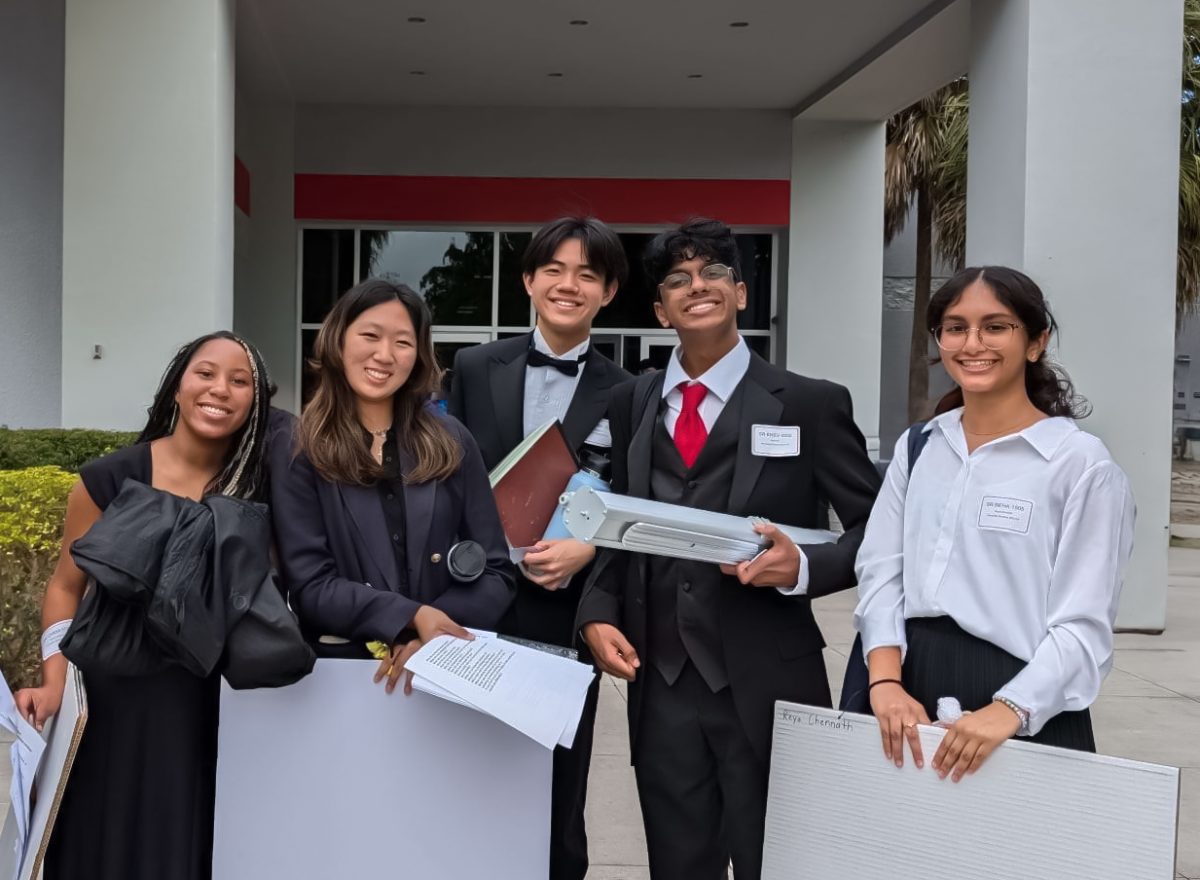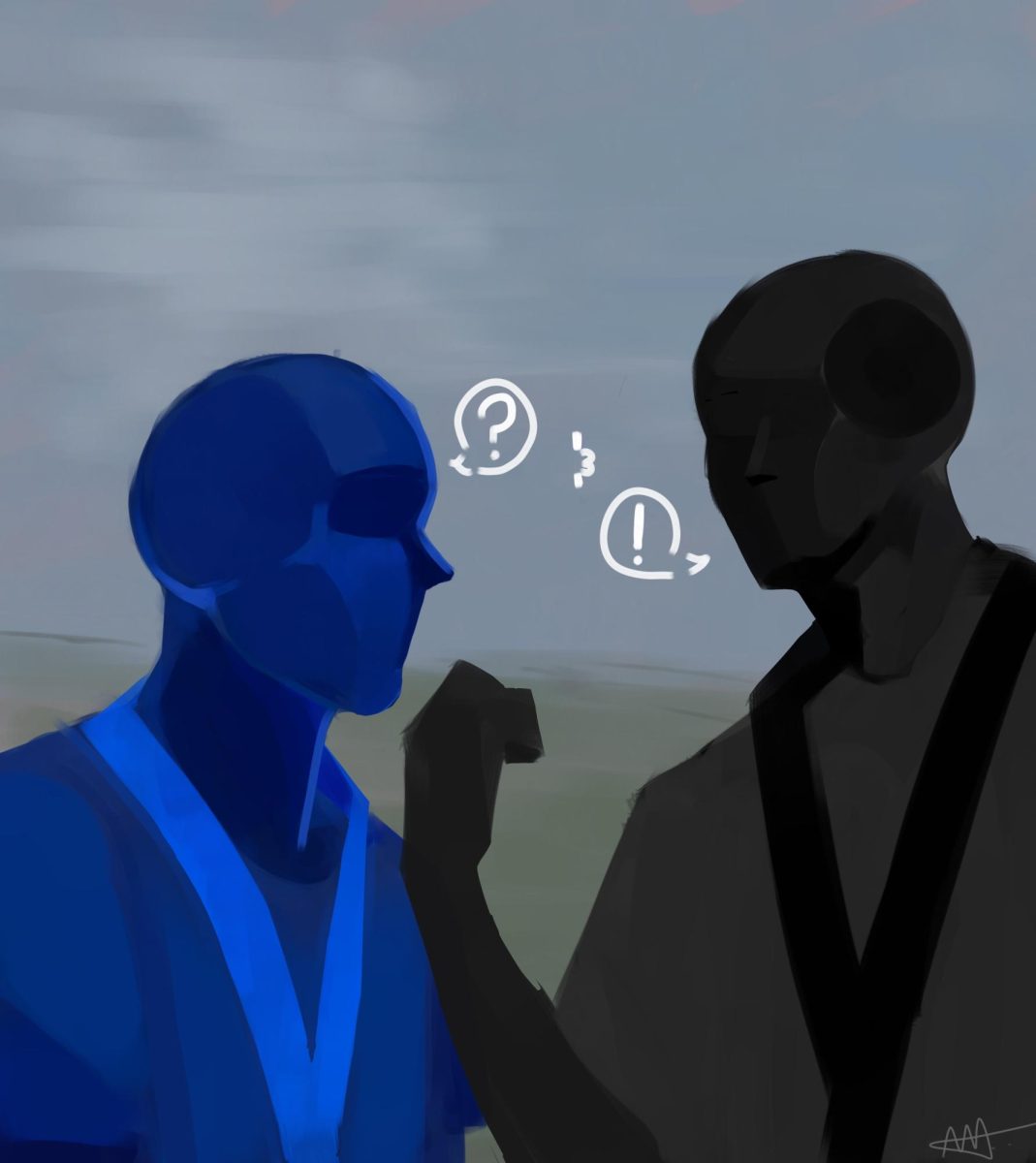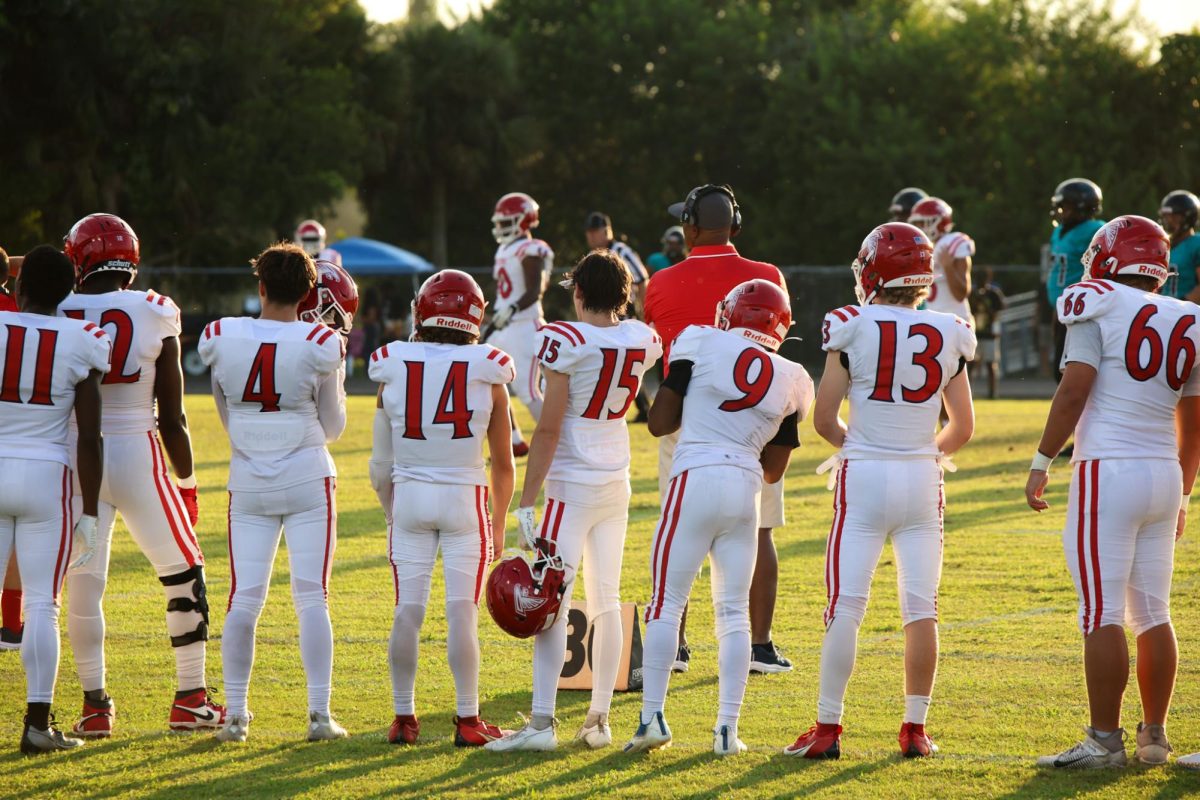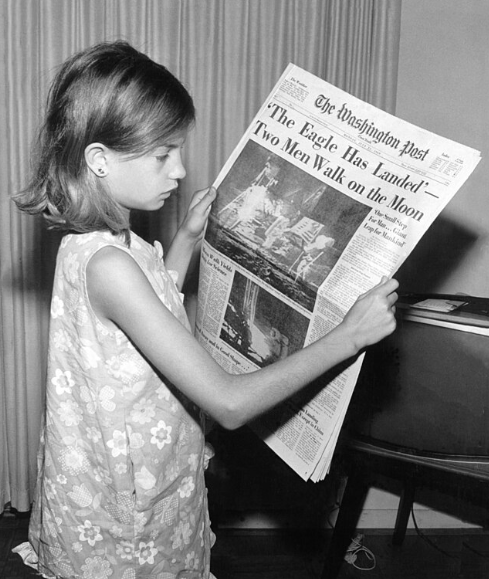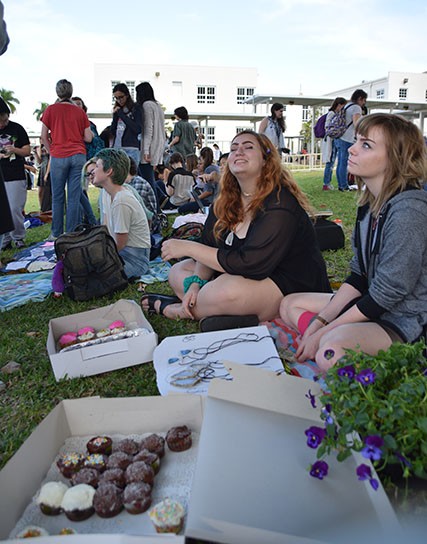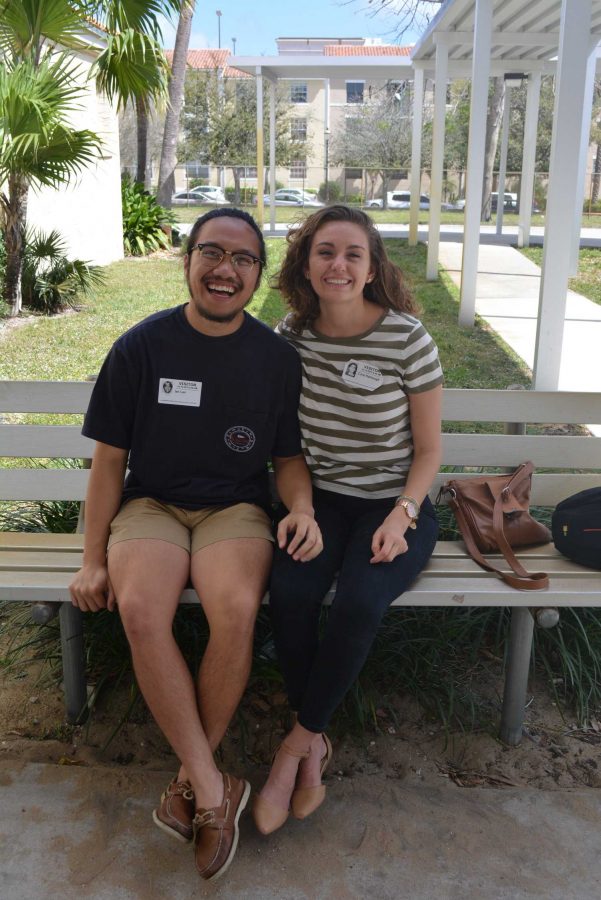Yesterday, we covered perhaps one of the most decisive cases in scholastic journalism history: Hazelwood v Kuhlmeier. Today’s installment features a similar case, albeit one that challenged the outcome of the Hazelwood case and thereby empowered student journalists.
In 2004, student journalist Katy Dean, a reporter for her school’s paper in Utica, Michigan, decided to report a case on a local couple who wanted to sue the school. Local residents were bothered by diesel fumes from the school’s bus loop. In fact, the husband in the aforementioned couple had contracted lung cancer, and cited the carcinogens from bus emissions as a contributing factor.
Dean investigated and compiled a story for her newspaper, The Arrow. However, the school’s principal forced Dean’s advisor to cut the story and corresponding cartoons and editorial, citing factual inaccuracies and “unreliable sources.” Dean sued, and Judge Arthur Tarnow (drawing inspiration from a Truman quote on oppressing free speech) concluded that the principal’s decision was “unreasonable” and “unconstitutional.”
Tarnow’s explanation also delineated no “significant disparity in quality between Dean’s article in the Arrow and the similar articles in ‘professional newspapers.’” The decision showed that student newspapers are capable of creating a product worthy of professional publication, and that the removal of a story (through prior restraint, as decided in the Hazelwood case) for personal reasons.









![[BRIEF] The Muse recognized as NSPA Online Pacemaker Finalist](https://www.themuseatdreyfoos.com/wp-content/uploads/2025/03/IMG_2942.jpeg)














